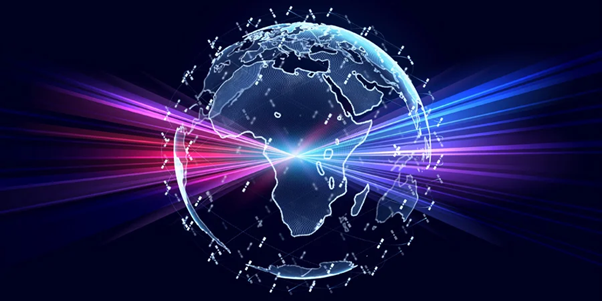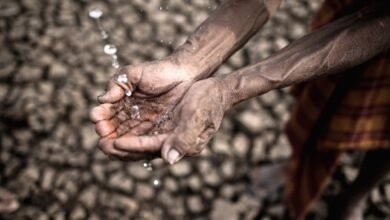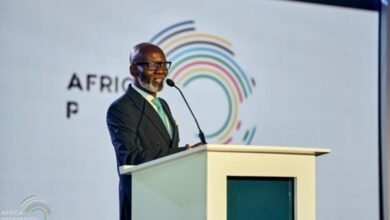Report : Africa at the crossroads of networks
The report The State of Broadband in Africa 2025, published by the Broadband Commission (ITU/UNESCO), presents a mixed picture: infrastructure is clearly progressing, yet persistent gaps in usage, affordability, and inclusion continue to slow the growth of digital adoption across the continent.

The year 2025 confirms that Africa is rapidly advancing in building its digital infrastructure, but the promise of universal and meaningful access remains distant. The report highlights that mobile broadband coverage reached approximately 86% of the population in 2024. Yet, nearly 14% of Africans still live without any mobile coverage, primarily in rural areas. The most striking contrast remains the gap between coverage and usage: “Around 710 million people in Africa live in areas covered by mobile broadband but do not use the Internet,” the report notes.

A paradox: networks exist, but they are not used to their full potential
This “usage gap” is one of the most critical challenges. It reflects a paradox: networks exist, yet they are not fully utilized. Several factors explain this situation: the cost of services and devices, insufficient digital skills, and social and cultural barriers. As the report reminds us, “Access is not synonymous with usage: digital inclusion requires a combination of available infrastructure, affordable prices, and basic digital skills.”
Technologically, progress is undeniable. 4G connections have expanded widely, and several countries are already testing 5G. However, 5G remains marginal. “5G accounts for only 1.2% of mobile connections on the continent,” the document states, limiting for now advanced uses in industry, healthcare, or education. The deployment of low-earth-orbit satellites and the establishment of new data centers nonetheless strengthen Africa’s digital ecosystem.
“The issue of cost remains central”
Cost remains a central concern. According to the report, the median price of a 2 GB monthly plan still represented 4.2% of gross national income per capita in 2024, more than double the target set by the Broadband Commission, which recommends a maximum threshold of 2%. For fixed broadband, the situation is even more concerning: the median cost amounts to 15% of monthly income per capita. These figures illustrate the difficulty many households face in subscribing, even where networks exist. “Affordability remains the main barrier to mass Internet adoption in Africa,” the report emphasizes.
“Closing the gender digital divide is a priority if digital technology is to become truly inclusive”
The study also highlights deep gaps between urban and rural areas, as well as between genders. In several countries, the usage gap between men and women exceeds ten percentage points. “Closing the gender digital divide is a priority if digital technology is to become truly inclusive,” the report warns.
Connectivity must be protected as an essential public good, not used as a temporary political lever
Governance and network resilience are also key concerns. The report notes that deliberate Internet shutdowns, used in several African countries in recent years, undermine user trust and discourage investors. “Connectivity must be protected as an essential public good, not used as a temporary political lever,” the text stresses.
“To achieve universal coverage and meaningful use by 2030, Africa will need to mobilize innovative financing and strengthen public-private cooperation.”
On the investment front, the report observes increasing private sector engagement, from African operators to global digital giants and sovereign funds. Yet, a significant gap remains. “To achieve universal coverage and meaningful use by 2030, Africa will need to mobilize innovative financing and strengthen public-private cooperation,” the report specifies.
The challenge is no longer to connect, but to enable everyone to use that connection effectively and affordably
The State of Broadband in Africa 2025 draws a clear line: without ambitious, coordinated public policies, Africa risks having spectacular infrastructure that remains underutilized. As the Broadband Commission summarizes: “African networks are under construction, but their true value will be measured by their ability to transform economies and societies. The challenge is no longer to connect, but to enable everyone to use that connection effectively and affordably.”






